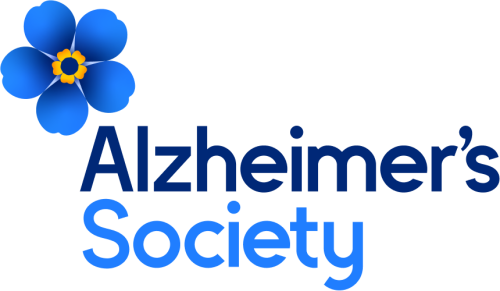Show of support from today's youth signals dawn of the first dementia-friendly generation.
- Nearly a third of young people know someone living with dementia.
- Two thirds of young people (62 per cent) would like to help someone with dementia, but a lack of understanding could be holding them back.
- 55 per cent of 8 to 17 year olds believe that if people knew more about dementia, life would be better for those with the condition.
With over two million people expected to develop dementia in the next ten years, it is likely the majority of today's under-18s will experience the condition in their lifetime. Our first ever poll of young people's attitudes to dementia revealed that around a third (31 per cent) of young people would feel uncomfortable talking to someone with dementia. However, the majority (65 per cent) believe that people with the condition should be supported and included in everyday life.
The YouGov poll of those aged 8-17 years old revealed that nearly a third of young people know someone with dementia, and 62 per cent would like to help someone with dementia, however a lack of understanding is holding them back. More than half (55 per cent) believe that if people understood more about the condition, life would improve for those affected.
Richard McCourt, one half of children's TV comedy duo Dick and Dom has joined our call for young people, parents, teachers and youth leaders to become a Dementia Friend, to help reduce the stigma that results in many people with dementia experiencing loneliness and social exclusion.
Richard, who is already a Dementia Friend, visited Newent Community School and Sixth Form Centre in Gloucestershire to talk to students about his experience of Dementia and also took part in a Dementia Friends session for Year 7 (11 - 12 year old) pupils.
Richard commented:
'My mum had dementia, but before she was diagnosed, I had very little understanding about the condition. By becoming a Dementia Friend now, young people are more likely to recognise dementia in family members and friends and to support them and seek help when they develop the symptoms.
'I meet young people every day through my work and have seen them achieve some amazing things, but it was particularly moving to see these pupils engaged in a subject close to my heart in the Dementia Friends session.'
During the visit, Richard met 14 year-old Kirsty Ball whose grandfather John (aged 94), was diagnosed with dementia in 2004 and lives at home nearby.
Kirsty said:
'Since my grandfather's diagnosis, my family and I have a better understanding of his symptoms. If more people know about dementia, it would be less feared and better understood. A better understanding would mean that those with memory problems would find it easier to talk openly and feel comfortable.'


